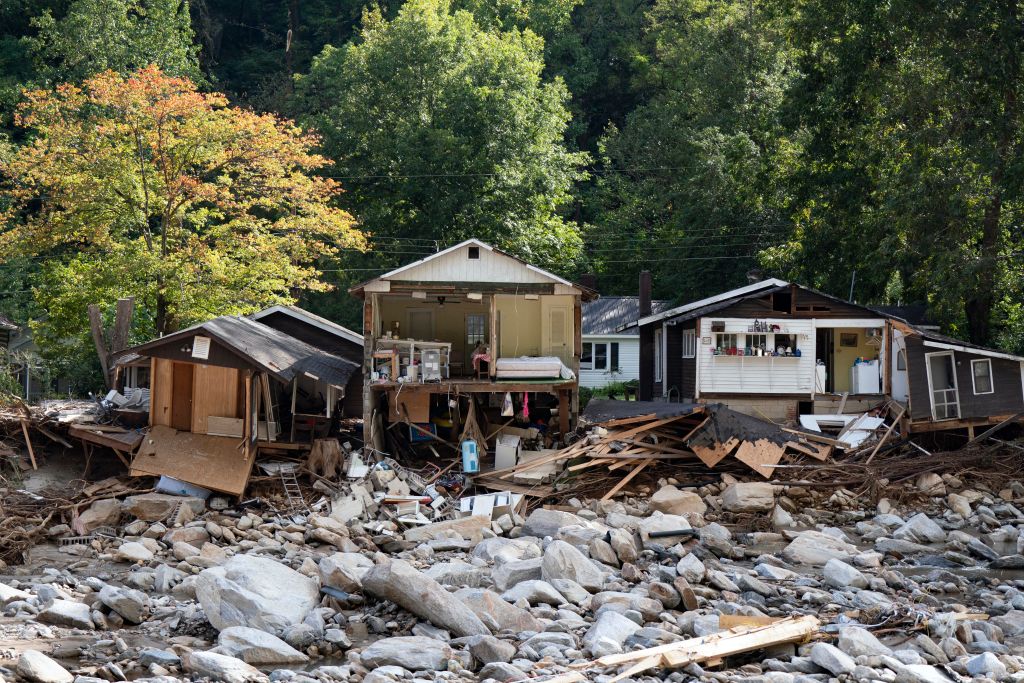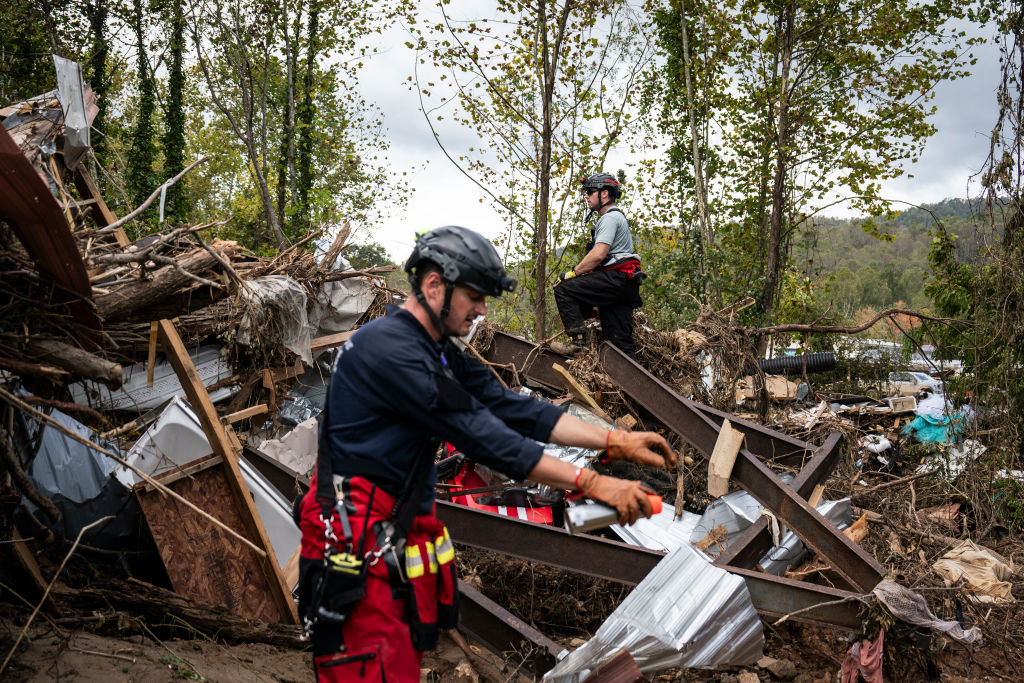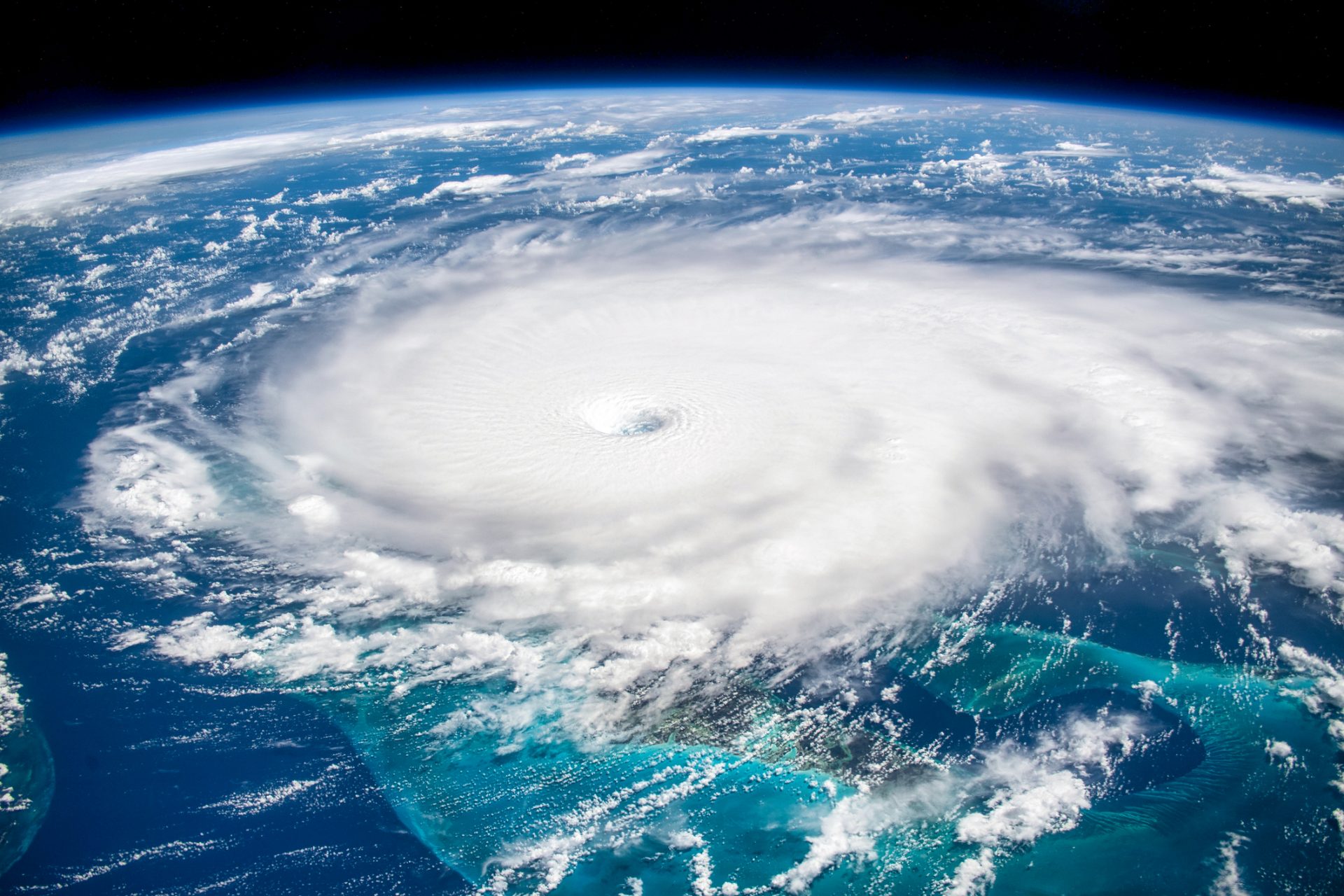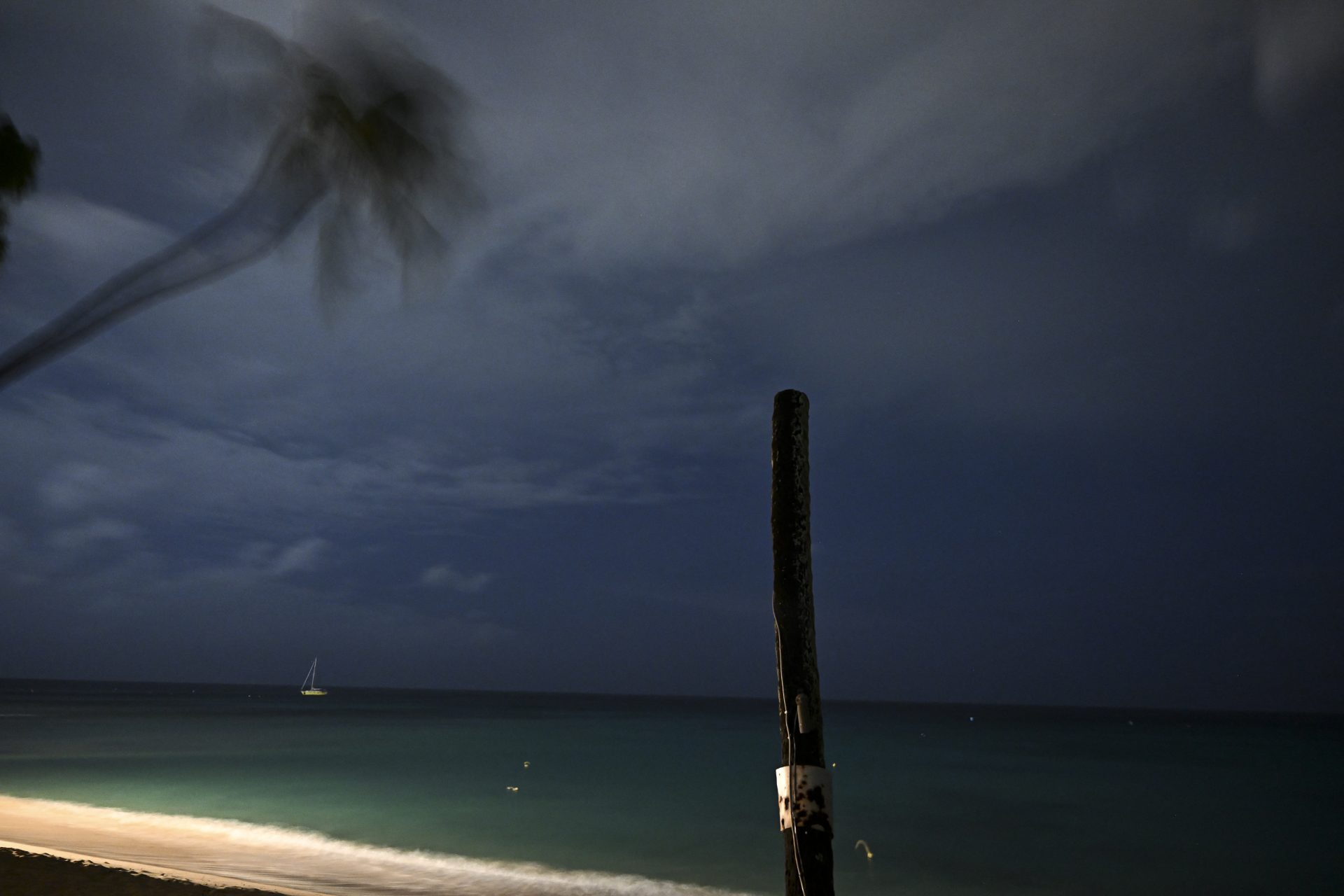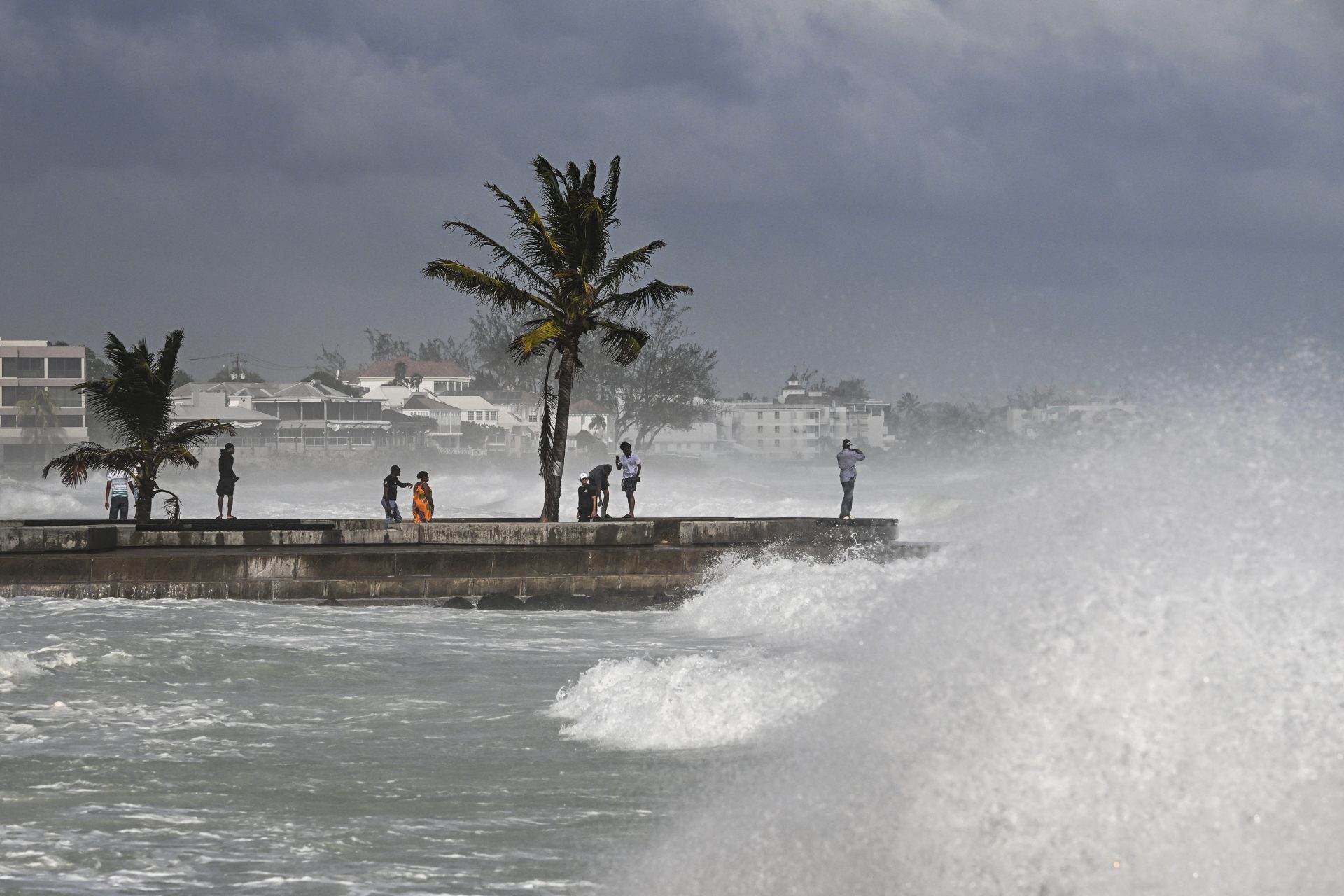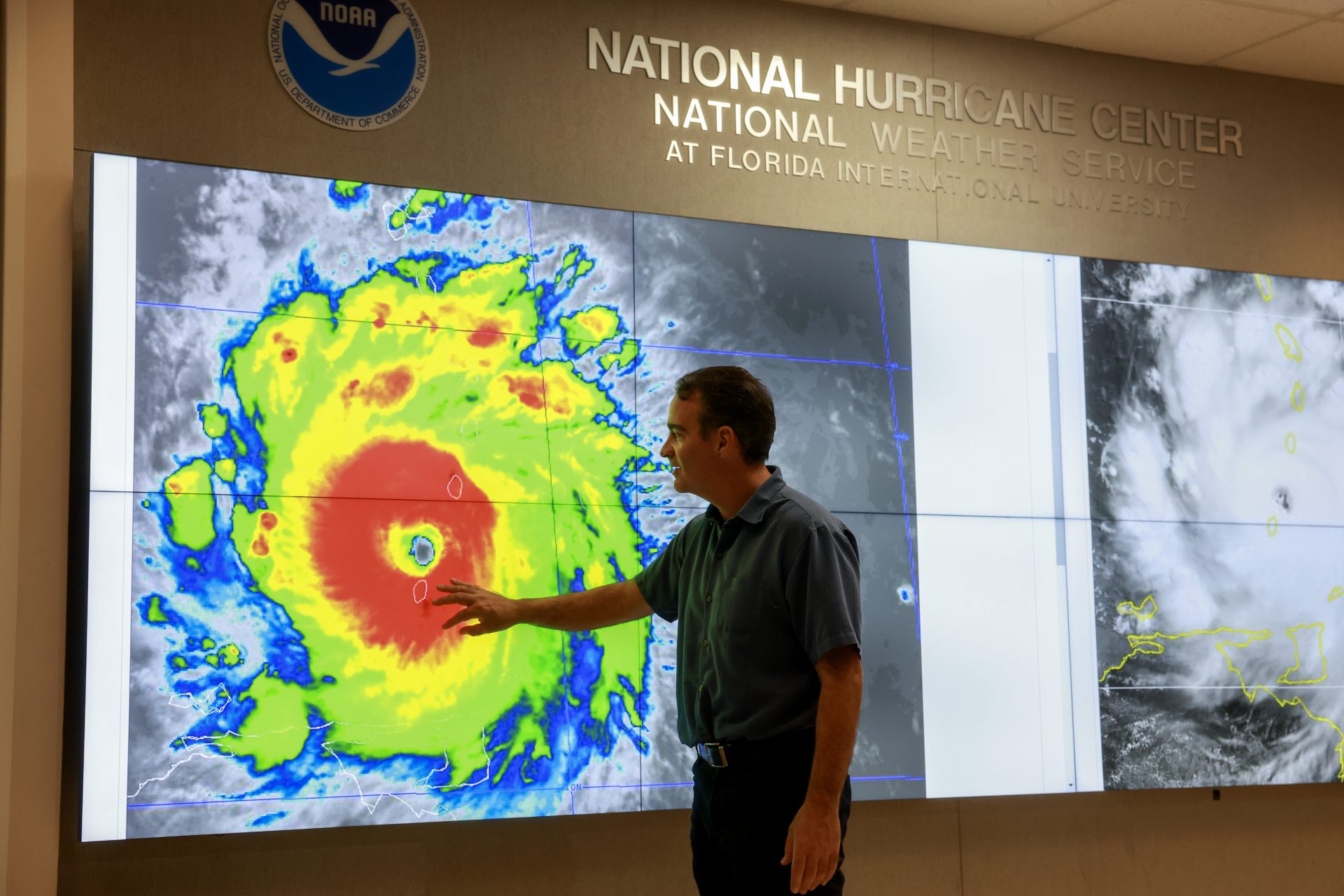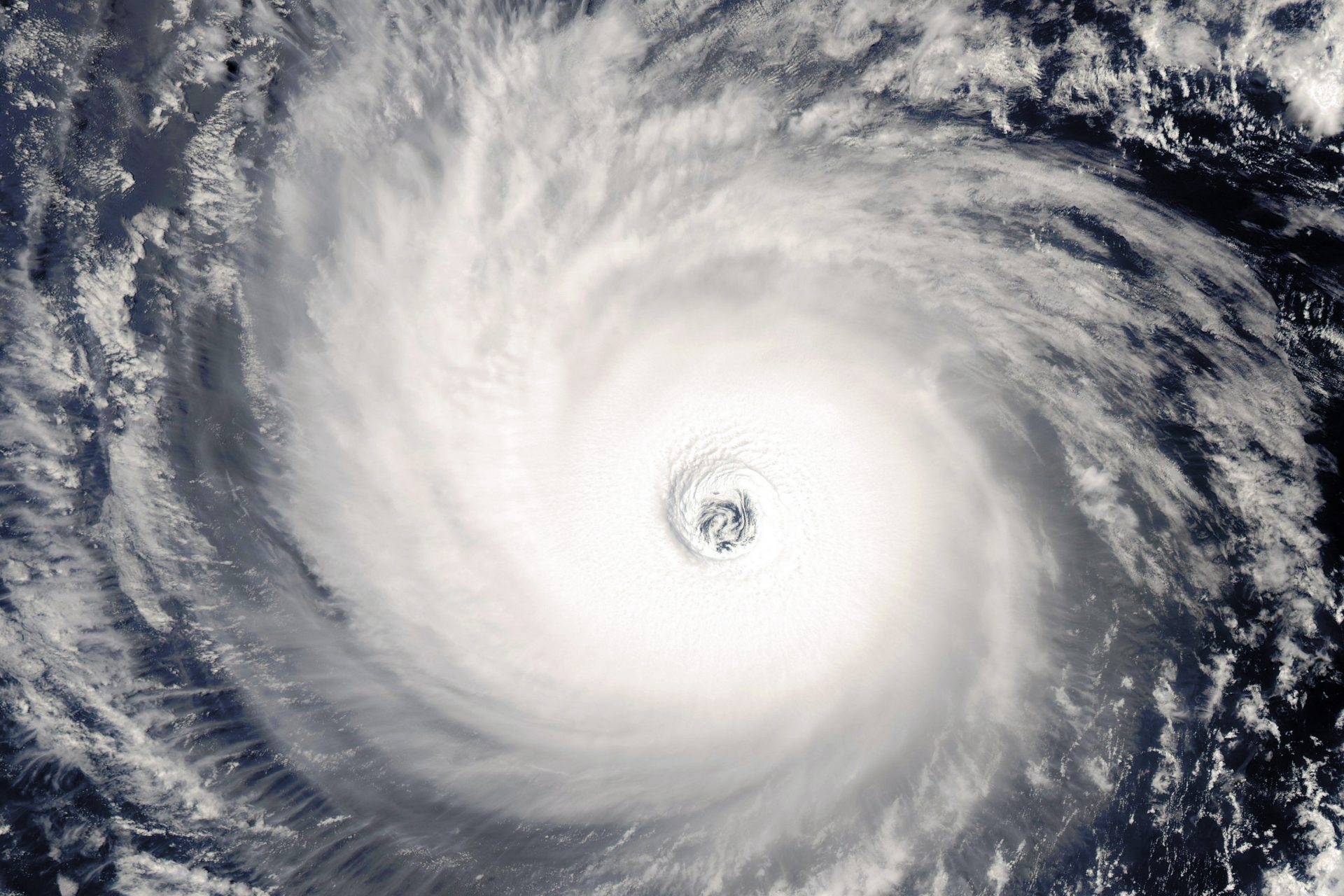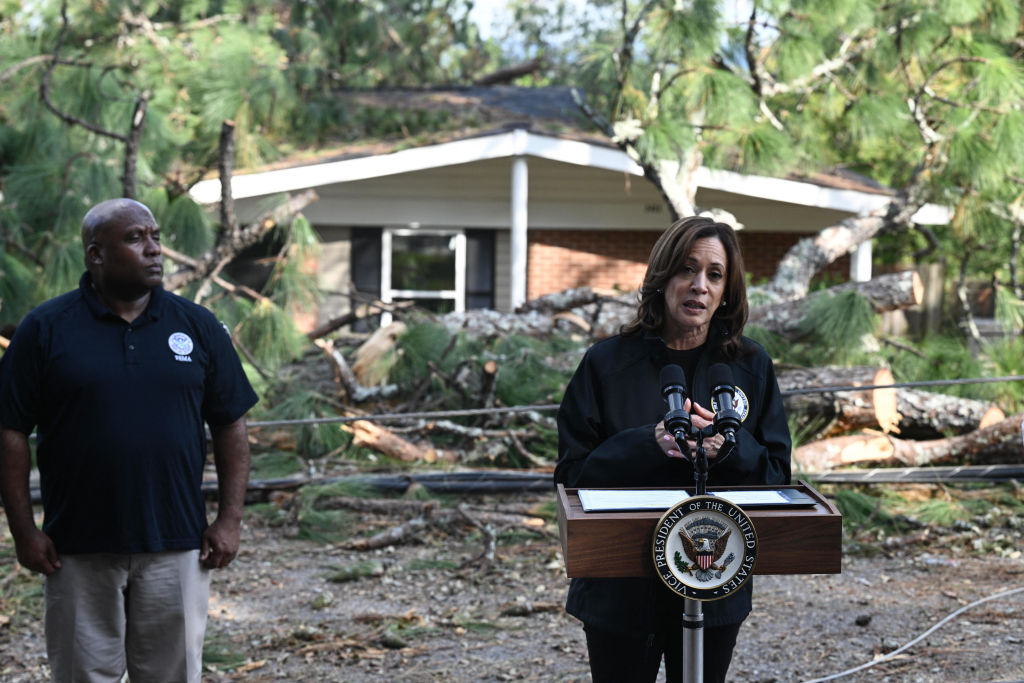Experts’ warnings come true as hurricane Helene leaves catastrophic damage
Hurricane Helene has resulted in the death of, at least 180 people, across six states: North Carolina, South Carolina, Georgia, Florida, Tennessee and Virginia, according to US media reports.
Photo: Chimney Rock, North Carolina.
Many more people remain missing, perhaps unable to leave their location or unable to contact family where communications infrastructure is in shreds, according to CNN, as officials fear a higher death toll.
The catastrophic damage left by Helene had already been predicted by experts back in May, who said that the 2024 Atlantic hurricane season would be worse than usual.
Beryl became the Atlantic Ocean’s earliest Category 5 storm on record, and its arrival was also an abnormality, since it came two months ahead of the usual hurricane season. Hurricane Helene is a Category 4, per the National Weather Service.
Scott Dance, Global weather writer for The Washington Post, explains that storms typically form and intensify by August and September because that’s when Atlantic waters are warmest, loaded with storm-fueling energy from a summer of sunshine.
However, its early arrival is proof of the “off-the-charts warmth that has dominated Atlantic waters for more than a year,” Dance writes.
NOAA predicted a range of 17 to 25 total named storms (winds of 39 mph or higher). Of those, 8 to 13 are forecast to become hurricanes (winds of 74 mph or higher), including 4 to 7 major hurricanes (category 3, 4 or 5; with winds of 111 mph or higher).
Both Harris and Trump traveled to Georgia to see hard-hit areas and Trump took the opportunity to criticize the government’s response to the storm.
President Biden, who toured the area in a helicopter said that storms “are getting stronger and stronger” and that “Nobody can deny the impact of the climate crisis any more,’' according to AP News.
Moreover, in the JD Vance-Tim Walz debate, there was a focus on Helene and its link to climate change, in which Walz took the opportunity to remind the American public that Trump has called climate change a “hoax”.
Every day since late March 2023, global ocean surface temperatures have set new records for the hottest temperature ever recorded on that date, according to the University of Maine Climate Change Institute.
2023's meteorological phenomenon, El Niño, which resulted in a vast transfer of heat to the atmosphere, plus the ever-rising greenhouse gas concentration are the two main factors that have led to record breaking warm waters, oceanographer Michael McPhaden told the BBC.
La Niña phase of 2024 will further favor the formation of intense and frequent storms in the northern Atlantic, and with record warm sea temperatures transferring more energy to those storms, the resulting hurricane season could be one of the most active on record, experts say.
More for you
Top Stories



